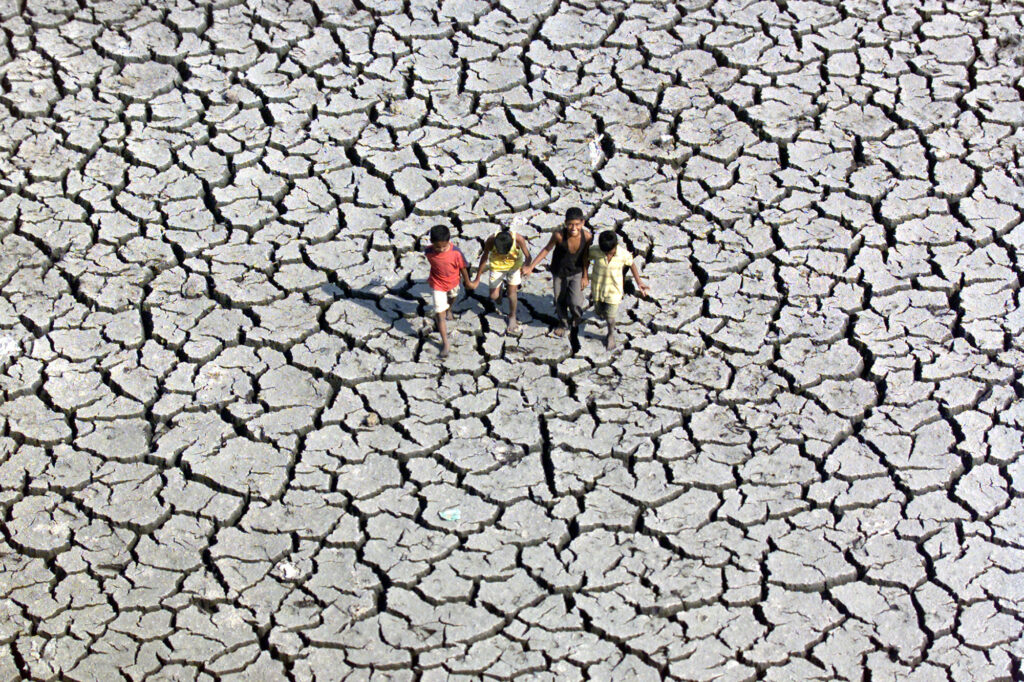
1 in 4 people – 2 billion people worldwide – lack safe drinking water, and almost half of the global population – 3.6 billion people – lack safe sanitation. Water shortages, already affecting billions of people around the world, are expected to worsen in the coming decades – linked to drought, pollution, rising sea levels and poor management. By 2030, the global demand for water will exceed sustainable supply by an alarming 40%.
March 22nd is World Water Day, and the theme this year is ‘accelerating the change to solve the water and sanitation crises’ with an emphasis on the necessity of taking collective and immediate action to address the global water crises. The UN (United Nations) said: “Billions of people and countless schools, businesses, healthcare centres, farms and factories don’t have the safe water and toilets they need. There is an urgent need to accelerate change – to go beyond business as usual”.
Looking at water security with Context
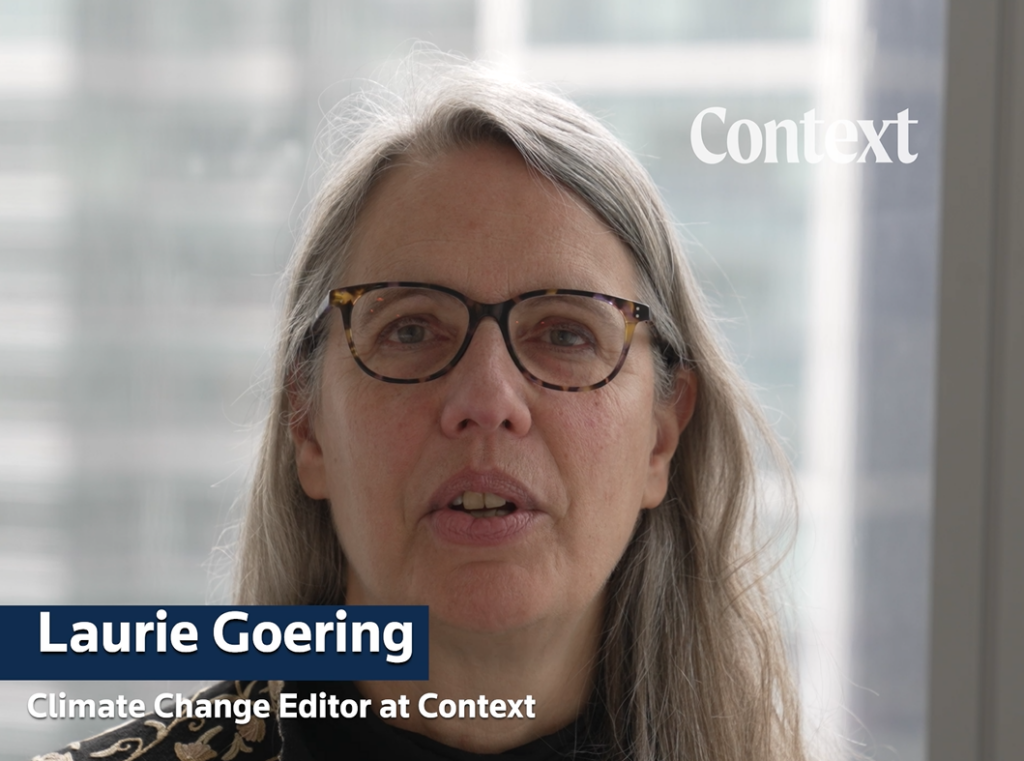
Laurie Goering, award-winning Climate Editor for Context, the Thomson Reuters Foundation’s news and media platform, discusses the issue of water security, regions most affected and what we can do to boost security. (Please note this interview was conducted via video and will be uploaded throughout the week).
What are the concerns about water security growing?
Water security is weakening both because there’s more of us needing water on the planet, and because climate change is really affecting the rainfall, making it less predictable and more extreme. So, what does that mean? It means we depend on water for agriculture, for the food that we eat, for power [like] hydropower dams. When we don’t have those things, when people don’t have enough water to do the basic things that they need, that can lead to conflict, migration, hunger and weakening food security. All things we should be worried about.
What places in the world are most at risk?
What can we do to boost water security?
We can boost water security in a lot of different ways. First of all, we need to reduce climate change and make sure that that doesn’t get any worse. But there are a lot of smart things we need to rethink [such as] water treaties around the world. Many rivers cross international boundaries, and treaties governing how that water is used were often put in place long before climate change was really a big problem. We need to rethink how we do agriculture, because about 70% of the water that we use each year is used for agriculture. Any efforts that we can do to save water there [in agriculture] would really help. We also need to think about interesting tech like desalinisation, and different ways to find new sources of water. Of course, we also just need to do simple things like finding ways to catch all that water when it all comes at once and hold it over for the dry periods later. That’s something we’re still just coming to grips with learning how to do.
Read more of Context’s coverage on water security here
Deep diving into hydropower- more from Context
Rina Chandran, Context correspondent, explored the consequences of China’s dam-building on the Mekong River and its effect on millions living downstream: “China’s Mekong dams turn Thai fishing villages into ‘ghost towns’”.
Communities that have depended on the river for generations no longer know how to live beside it, said Niwat Roykaew, chairman of the Rak Chiang Khong Conservation Group.
“With the dams, the river has become unpredictable and their knowledge is no longer useful,” said Niwat, 63, a winner of the Goldman Environment Prize in 2022.
More News
View All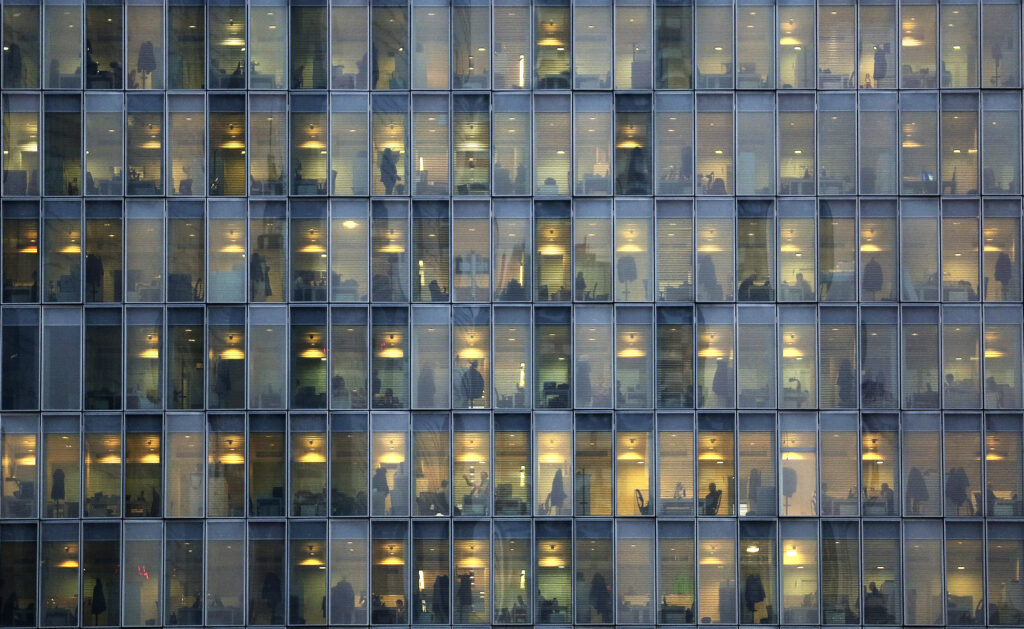
AI Company Data Initiative drives transparency on corporate AI adoption
Now open for company…
Read More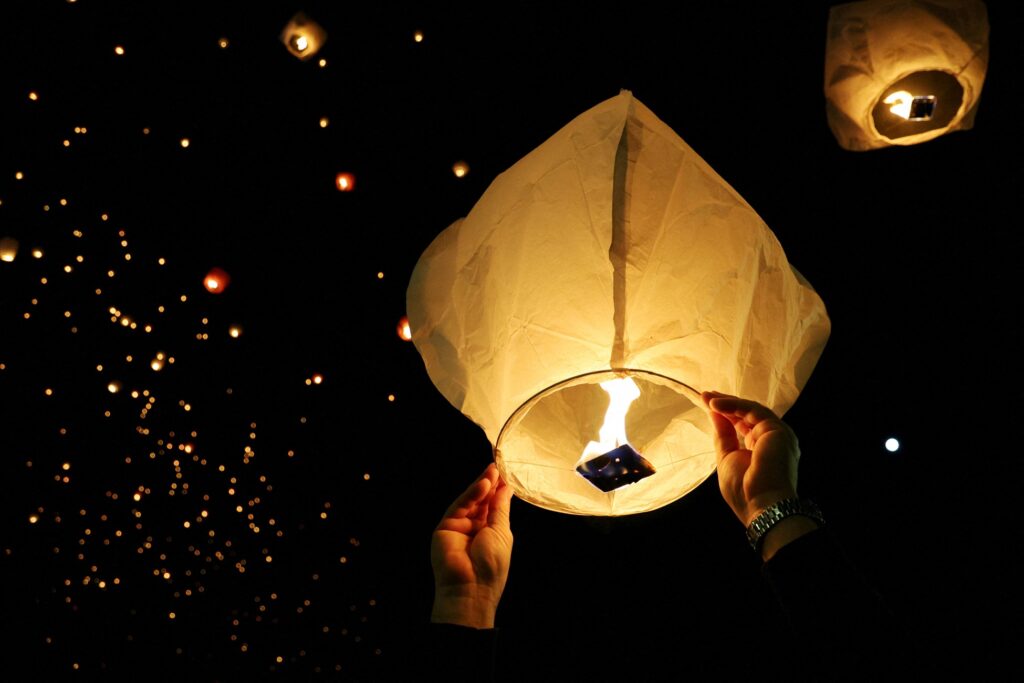
Winners of the 2025 TrustLaw Awards Announced
This week marks the announcement of the 2025 TrustLaw Awards winners,…
Read More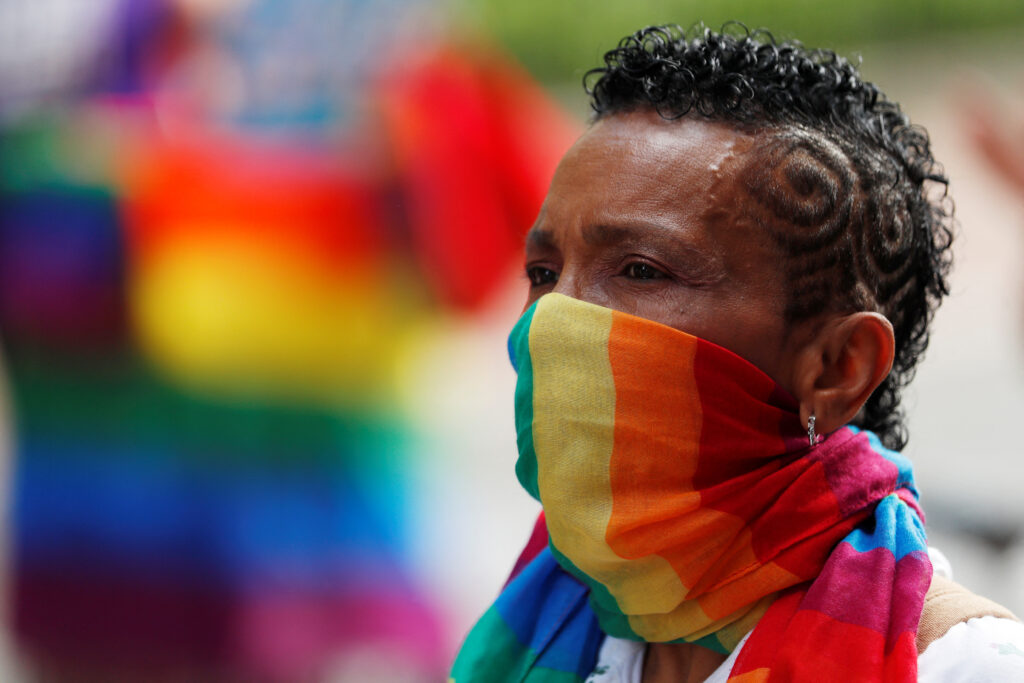
How the Foundation is supporting LGBTQ+ communities worldwide
Over the last year, the Foundation has…
Read More
World Press Freedom Day: the need for the equitable and ethical adoption of AI
AI will be…
Read More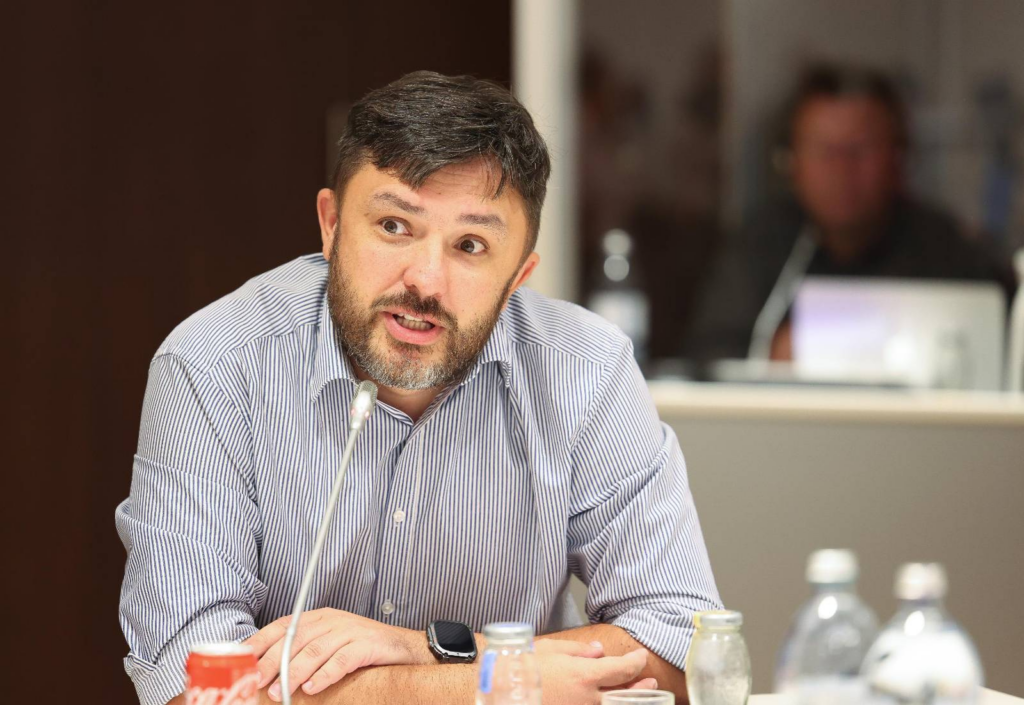
Case study: How an exiled Russian newsroom is using AI to combat news fatigue
Our Media in…
Read More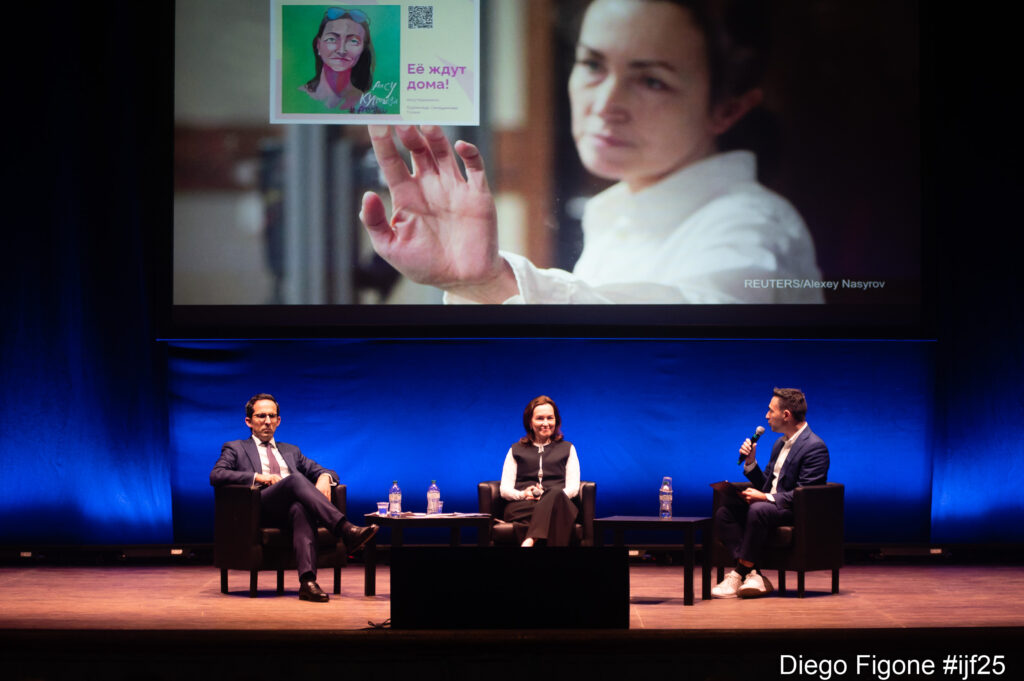
Five takeaways from the 2025 International Journalism Festival in Perugia
Remarkable solidarity…
Read More
How ‘foreign agent’ laws are silencing independent media
We explore the growing threat of ‘foreign agent’…
Read More
Unpacking the regional trends of the Index of Pro Bono 2024
We take a look at the long-term trends on pro…
Read More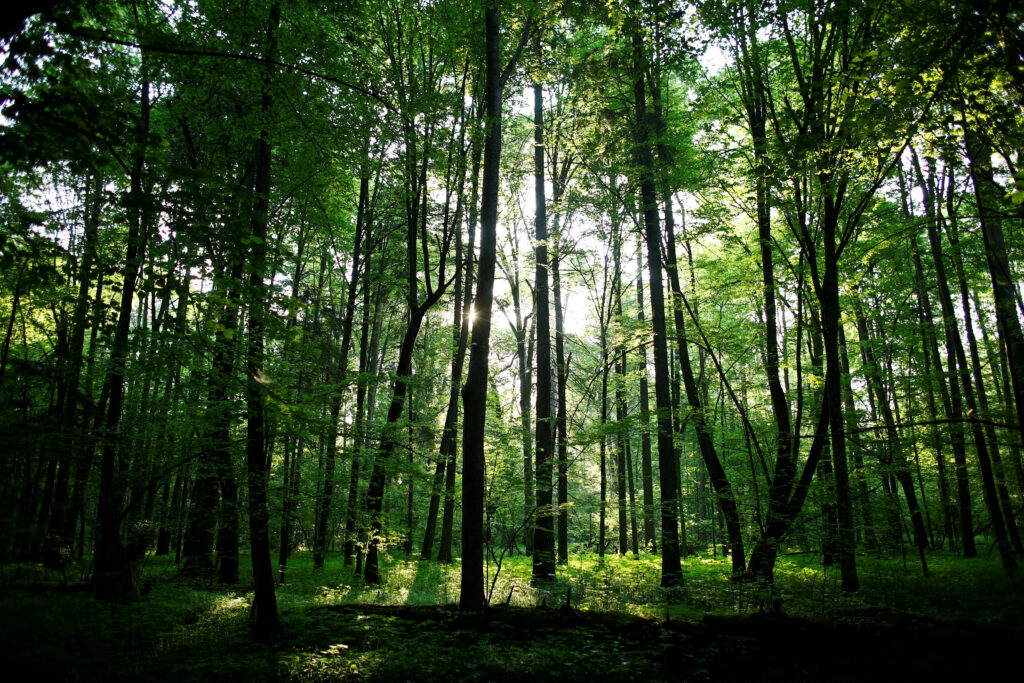
2024 Index of Pro Bono findings revealed
The 2024 Index of Pro Bono, compiling comprehensive data representing nearly…
Read More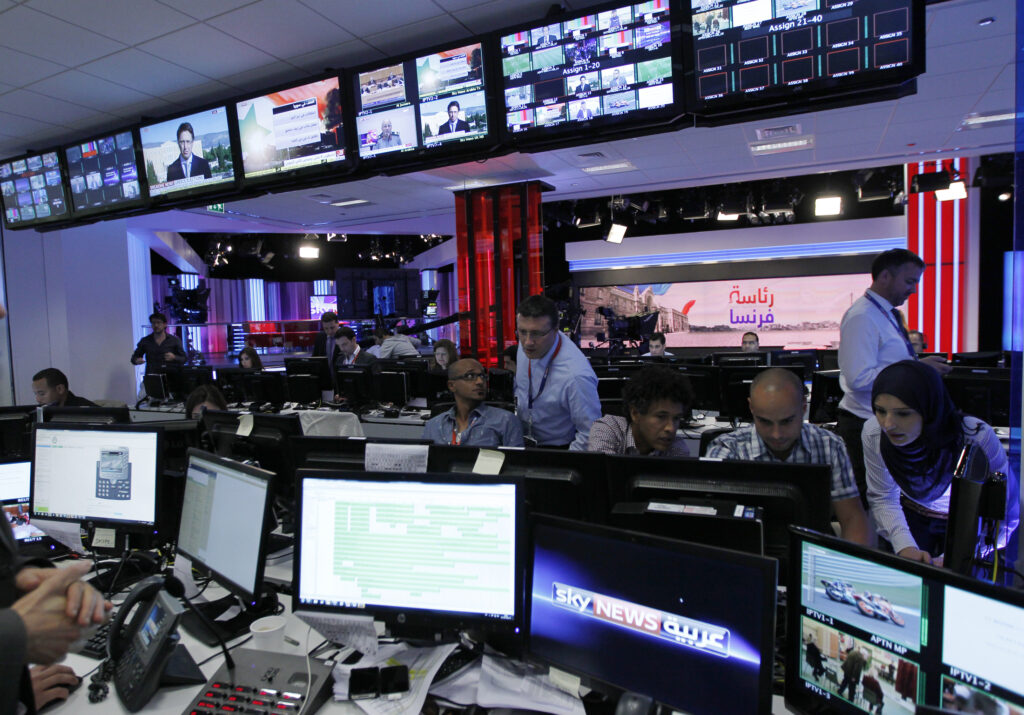
Journalists cautiously optimistic about the effect of AI on the profession, our new report finds
Our new TRF Insights report sheds light on the opportunities and challenges of AI…
Read More

